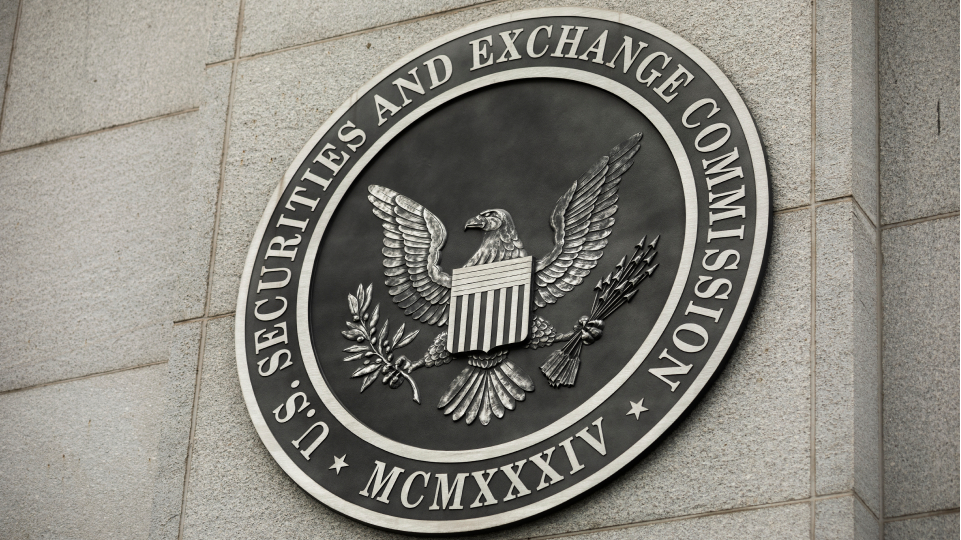|
Getting your Trinity Audio player ready...
|
The Securities and Exchange Commission (SEC) has implemented a policy shift, allowing certain banks and brokerages to exclude customer-held crypto assets from their balance sheets, according to a Bloomberg report. This move comes with conditions, requiring institutions to demonstrate robust safeguards against security risks and bankruptcy.
Previously, stricter reporting mandated by Staff Accounting Bulletin No. 121 (SAB 121) discouraged banks from offering crypto custody services. The new approach could significantly impact the crypto landscape in the United States by giving investors more options for secure storage through established financial institutions.
Addressing Investor Concerns
The initial goal of SAB 121 was to protect investors from the inherent risks associated with cryptocurrency. However, the SEC now believes these objectives can be achieved through alternative safeguards. Institutions seeking to avoid balance sheet reporting for crypto assets must demonstrate strong internal controls and implement measures to protect investor assets in the event of a company bankruptcy.
Failed Veto Override Paves the Way for New Policy
This policy change follows a recent failed attempt by Congress to overturn President Biden’s veto of a bill aimed at nullifying SAB 121. While the House of Representatives voted in favor of overriding the veto, it fell short of the necessary two-thirds majority. Consequently, SAB 121 remains in effect, and the SEC retains its authority to enforce crypto asset custody accounting guidance.
Also Read: Ripple vs SEC Heats Up: CEO Blasts SEC at White House Roundtable, XRP Price Upward Bound (Up 2.3%)
New Opportunities for Crypto Investors and Financial Institutions
The SEC’s green light for excluding crypto assets from balance sheets aligns with its approval of spot Bitcoin ETFs in January. This confluence of events suggests a potential regulatory environment more receptive to cryptocurrencies. This could pave the way for increased involvement from banks and financial institutions, eager to capitalize on the growing crypto market.
The relaxed reporting rules, coupled with the approval of spot Bitcoin ETFs, could signify a new era for crypto adoption in the United States. With established institutions offering secure custody solutions, investors may gain greater confidence in the crypto market. However, it remains crucial for investors to conduct thorough research before entrusting their assets to any financial institution.
Disclaimer: The information in this article is for general purposes only and does not constitute financial advice. The author’s views are personal and may not reflect the views of Chain Affairs. Before making any investment decisions, you should always conduct your own research. Chain Affairs is not responsible for any financial losses.
Crypto and blockchain enthusiast.




